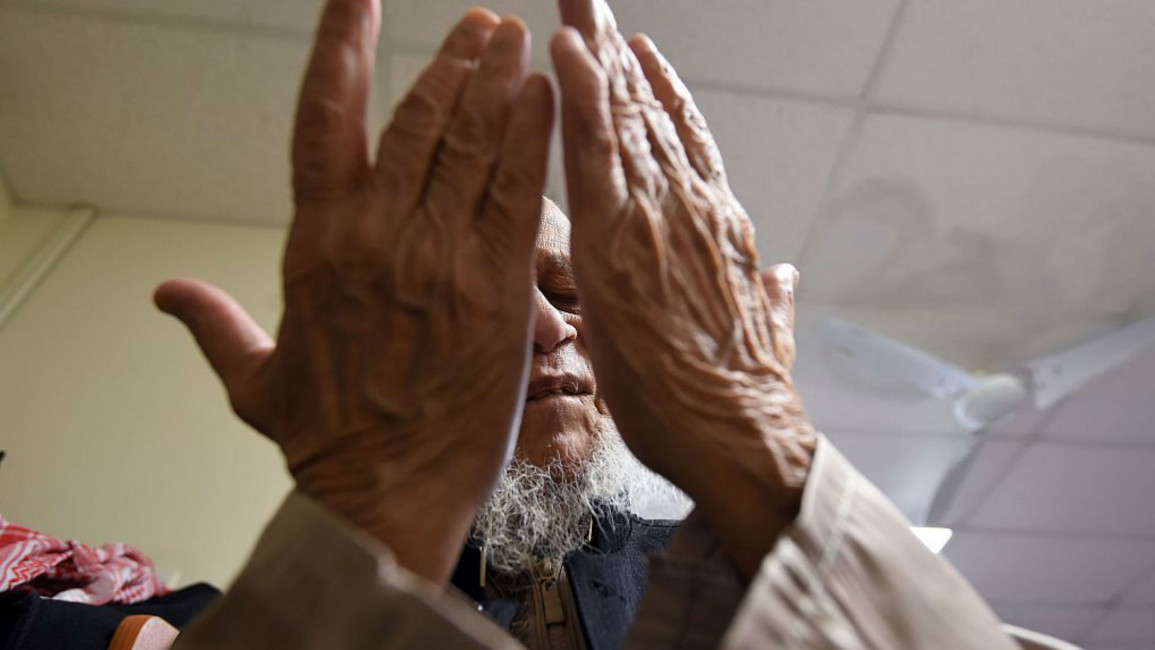Dearborn mosque arson raises questions about mental health care, lax gun laws
An attack over the weekend on the Al-Huda mosque near Dearborn, Michigan by a mentally unstable individual has raised concerns about the lack of access to mental health care as well as the lax gun laws in the state.
Ahmed Taqi, a 37-year-old Arab American Muslim from the area, set fire to the mosque located just outside the Dearborn city limits early on Saturday morning. According to official accounts, police quickly arrived at the scene and exchanged gunfire with body armour-clad Taqi, and he was fatally shot.
“First and foremost, we do not believe there are any imminent threats or dangers to any other houses of worship,” Dearborn Mayor Abdullah Hammoud said in a statement released the day of the incident. “The individual responsible for the fire and subsequent shooting acted alone, and may have been experiencing a mental health crisis at the time.”
Although officials said they did not consider the incident to be a hate crime, the act of setting fire to a mosque is nevertheless unsettling at a time when hate crimes are on the rise in the United States. In 2020, the Federal Bureau of Investigation reported that hate crime in the US had reached its highest point in more than a decade.
“As of now, it does not appear to be a hate crime. In saying that, I was disturbed by the news, in part because I’ve worshipped and spoken at that mosque,” Dawud Walid, executive director at CAIR-Michigan told The New Arab. “All we’ve heard is that the individual has mental health issues. One thing is for sure, we have an issue of mental health access in Michigan, where public funding was switched from mental health to prisons in the 1990s.”
A 2019 study by the Community Mental Health Association of Michigan found that funding for mental health services in the state fall far short of the state’s needs.
The second issue, he says, is the easy access to firearms in Michigan, where one can openly carry a gun without a permit. The sale of a gun can be completed in less than an hour in the state.
Moreover, following the mass school shooting in Oxford, Michigan in November, lax laws on how gun owners should store their weapons have raised concerns over safety, prompting some groups to advocate for stricter storage laws.
“What are we doing as a state to restrict access to firearms to individuals who are mentally unstable?” asks Walid, who emphasises that he supports the Second Amendment right to bear arms. “It’s really easy to obtain firearms in Michigan. I’m in favour of the second amendment. But with people who suffer from mental illness, this is a genuine public safety issue. We have a real problem.”



